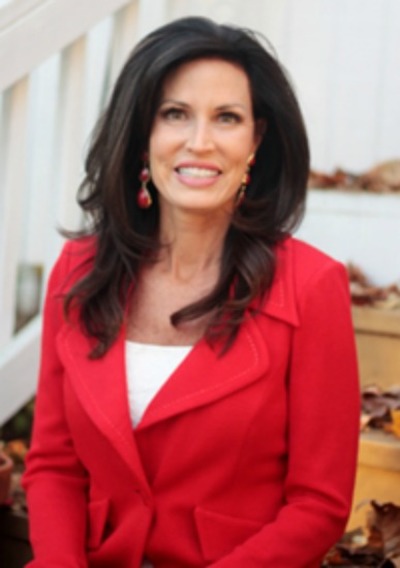Evangelical Non-Profits Are Not Sexist

A couple weeks ago, The Washington Post sent a shudder up the spines of its female readers by running a story featuring a new study that found women hold fewer leadership positions within evangelical non-profits than they do in the general marketplace. Pundits are using this study to point to a struggle between submissive women and sexist men within evangelical's supposedly patriarchal community. But more facts need to be known before broad brushing us with the accusation that evangelical non-profits "ignore the gifts of women in leadership."
As easy as it is to demand greater gender diversity within evangelical non-profits, we risk minimizing the professional sacrifices many women choose to make for the sake of their personal lives. Women's juggling of jobs and family at the same time is called work-family balance, and workplace flexibility is the only thing that makes it possible.
As two women, we represent very different seasons in life through which most women go. In our single 20-somethings, women have the time to put in the 12-hour work day the non-profit world often demands, and then commuting the hour-long train or car ride home before driving through Taco Bell and finally calling it a day. The next day, we wake up and do it all over again. This is often the lifestyle it takes for a woman (or man) to climb the career ladder in the public and private sectors. But that's not a preferable lifestyle for most women with children at home.
Evangelical women and many others see caring for our families as a God-given responsibility for which we will one day be held accountable. (Our husbands operate under an even stronger Biblical mandate to love, provide, and protect their family).
Our situation is not really different, except that having children changes us. This is why many of us turn down leadership promotions once we start families. We understand that the raise and position of authority often comes with a price. Whether it's more travel or longer hours, greater responsibility at work will mean less time to drive carpool, watch soccer practice, and care for our children. So we often choose less responsibility, part-time work, or step out of our field altogether. Incidentally, a group of well-heeled Capitol Hill women recently shared similar stories of negotiating for more flex time in lieu of less money at a GOP networking event. Same story, different audience.
Priorities are key. Evangelical women understand that both choices have a price, but that fact extends way beyond the evangelical world.
Take PepsiCo CEO Indra K. Nooyi, whose leadership in the marketplace compromised her parenting duties at home. Nooyi admitted, "If you ask our daughters, I'm not sure they will say that I've been a good mom." Congrats on her success at Pepsi, but that's not a bargain most of us are willing to make.
We know that our proverbial house has some dust balls. We can't pretend that sexism doesn't exist among evangelicals. It's true that there are some born-again men who dismiss women's leadership skills in the workplace simply because of our gender. It's arrogance, and it's sin. But it's also true there are some secular men working for Fortune 500 companies who don't take women's talents seriously.
Microsoft's CEO Satya Nadella is just one example of a secular man who demeaned women with patronizing career advice. Nadella came under fire after encouraging women not to negotiate raises saying, "It's not really about asking for the raise, but knowing and having faith that the system will actually give you the right raises as you go along." He continued, "That, I think, might be one of the additional superpowers that, quite frankly, women who don't ask for a raise have."
Sexism doesn't exist because women work with evangelical men at faith-based non-profits. Sexism exists because we work with imperfect human beings — male and female — who struggle to keep their greed, pride, and competitive nature in check.
We don't want to see any man — evangelical or secular — degrading women's abilities outside of the home and Church. But we also don't want evangelical women painted as victims and men as barbarians. As born-again Christians, we know that our identity is in Jesus Christ, and it is with great joy and confidence that we ignore the world's view of success.
On our death beds, we aren't going to say to ourselves, "I wish I had a more prestigious job title and bigger salary." If evangelical women have any regrets at all, it will be whether or not we loved and nurtured our families well, shared the Gospel with our neighbors, or cared for the vulnerable and suffering. At the end of the day, leadership for women isn't about promotions and pay raises; it's about personal investments.
How many lives are you investing in?





























